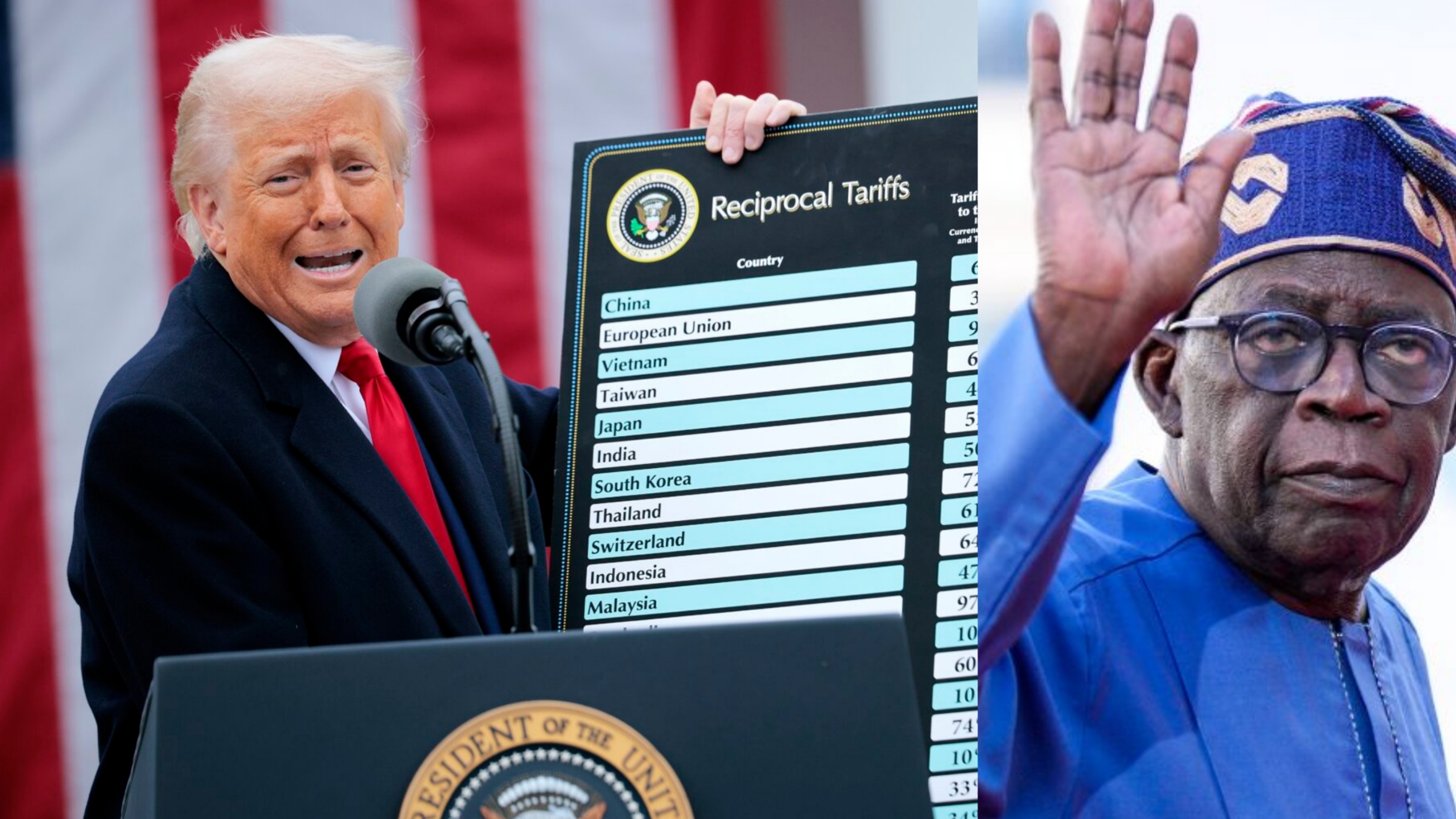
...
President Donald Trump has imposed a 14% tariff on Nigerian exports to the United States, a move framed as a response to perceived trade imbalances, given Nigeria's existing 27% tariff on U.S. goods. This decision has raised significant concerns about its potential impact on both nations and their trading partners.
Imagine the ripple effects of a sudden tariff imposition: increased costs, altered trade dynamics, and potential economic strain. This policy shift has triggered a global discussion about trade relations and the delicate balance of international commerce.
This article will analyze the implications of Trump's 14% tariff on Nigerian exports, examining its potential effects on Nigerian and U.S. consumers, as well as other trading partners. We will explore the economic ramifications and consider the broader context of global trade tensions.
Impact on Nigerian Exports and Economy
The 14% tariff could potentially affect Nigerian exports to the U.S., although experts suggest the impact may be limited due to the nature of Nigeria's primary exports.
- Potential for Reduced Exports: The tariff could make Nigerian goods more expensive in the U.S., potentially leading to decreased demand.
- Limited Immediate Impact: Crude oil and agricultural products, which constitute a significant portion of Nigeria's exports, may see less immediate impact due to inelastic demand.
- Diversification Challenges: The tariff could exacerbate the need for Nigeria to diversify its export base and reduce reliance on a few key commodities.
Impact on U.S. Consumers and Businesses
U.S. consumers and businesses importing Nigerian goods could face increased costs due to the tariff.
- Increased Consumer Prices: Higher import costs could translate to increased prices for consumers purchasing Nigerian goods.
- Business Costs: U.S. businesses relying on Nigerian imports may experience higher operational costs.
- Potential Trade Diversion: Businesses might seek alternative suppliers from countries without tariffs, altering trade dynamics.
Impact on Other Trading Partners
The tariff could also have ripple effects on other countries trading with Nigeria and the U.S.
- Global Trade Tensions: This move could contribute to global trade tensions and potential retaliatory measures.
- Supply Chain Disruptions: Countries reliant on components or materials from Nigeria for U.S.-bound products could experience disruptions.
- Market Uncertainty: The tariff creates market uncertainty, affecting investment decisions and trade flows.
Data and Economic Considerations
Verifiable data on the precise economic impacts is still emerging, but general economic principles suggest the following:
- Trade Volume Changes: Depending on the elasticity of demand, trade volumes between Nigeria and the U.S. could decrease.
- Inflationary Pressure: Increased import costs could contribute to inflationary pressures in the U.S.
- Economic Growth: Reductions in trade could slow economic growth in both countries.
Trump's 14% tariff on Nigerian exports has the potential to reshape trade dynamics between the two nations and affect consumers and businesses on both sides. The broader implications for global trade remain a subject of ongoing analysis and concern.

Add new comment